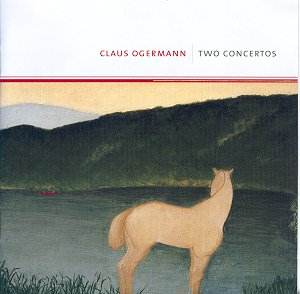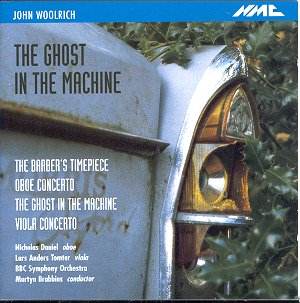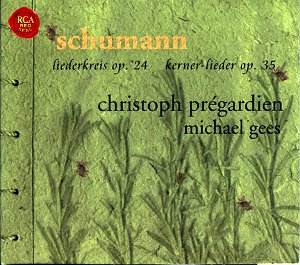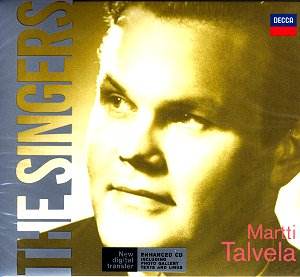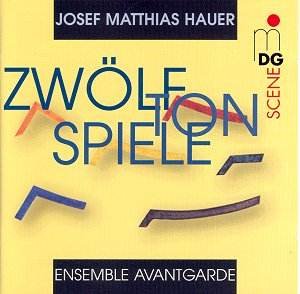 Composer: Josef Matthias Hauer
Composer: Josef Matthias Hauer
Works: Fifteen Zwölftonspiele
Performers: Ensemble Avantgarde
Recording: Recorded in Leipzig on November 29th-December 1st, 2000. [DDD]
Label: Dabringhaus und Grimm – SZENE MDG613 1060-2
Josef Matthias Hauer, a composer often overshadowed by his contemporary Arnold Schoenberg, emerges as a figure deserving greater recognition through this release of ‘Fifteen Zwölftonspiele.’ Known primarily for his twelve-tone system and his contentious rivalry with Schoenberg over its intellectual ownership, Hauer’s works have remained largely consigned to the background of music history. This disc, however, challenges that neglect by presenting a multifaceted exploration of Hauer’s innovative sound world, demonstrating both the intricacies and the subtleties of his compositional language.
The Ensemble Avantgarde’s interpretation navigates the complexities of Hauer’s idiom with a commendable balance of precision and interpretative insight. Each piece, while adhering to a twelve-note row, showcases varied instrumentation and distinct textural configurations. The opening work, ‘Zwölftonspiel for violin, cello, accordion, and piano four hands,’ immediately immerses the listener in a soundscape that is both austere and oddly engaging, echoing the avant-garde tendencies of early 20th-century Vienna. This opening track captures Hauer’s paradoxical style—deliberately inexpressive yet brimming with imaginative potential. The ensemble deftly manages Hauer’s instructions, which are notably vague, resulting in a performance that feels both exploratory and meticulously crafted.
The technical execution of the Ensemble Avantgarde is uniformly excellent. Pianist Steffen Schleiermacher stands out, demonstrating his affinity for contemporary repertoire, as evidenced in his previous recordings of John Cage and Darmstadt composers. His nuanced playing complements the ensemble’s collective sound, particularly in the ‘Zwölftonspiel for flute and harpsichord,’ where the delicate interplay of timbres creates an ethereal atmosphere. The recording quality is exceptional, with a clarity that allows the intricate counterpoint and dynamic contrasts to emerge distinctly within the ensemble texture. Each instrument’s voice is well-balanced, preventing any one element from overshadowing the others, a critical aspect given Hauer’s intricate writing.
Throughout the disc, one encounters a remarkable variety in Hauer’s musical language. The brevity of certain pieces, such as the ‘Zwölftonspiel for solo clarinet,’ which lasts just over a minute, juxtaposes larger, more elaborate works, creating a compelling narrative arc. This contrasts particularly with the ‘Zwölftonspiel for string quartet,’ which channels an Impressionistic lushness that foreshadows minimalism, reflecting Hauer’s forward-thinking compositional strategies. The juxtaposition of playful exploration against a backdrop of meticulous twelve-tone manipulation highlights Hauer’s unique approach, inviting listeners to reconsider the boundaries of musical expression during this period.
The Ensemble Avantgarde’s effort not only highlights the diversity embedded within Hauer’s works but also serves as a clarion call for further exploration of his oeuvre. The potential for deeper engagement with Hauer’s complete catalogue is tantalizing, and one hopes that this recording encourages more comprehensive explorations in the future. Such a revival would be a worthy endeavor, given Hauer’s significant contributions to the development of atonal music.
This disc stands as a significant testament to Hauer’s artistry, showcasing an artist whose works demand to be heard and appreciated. The combination of thoughtful interpretation, superb execution, and high-quality recording makes this release an essential addition to the contemporary classical repertoire. Enthusiasts of 20th-century music will find much to admire and reflect upon in this collection, offering a rich tapestry of sound that resonates with both historical importance and artistic originality.
